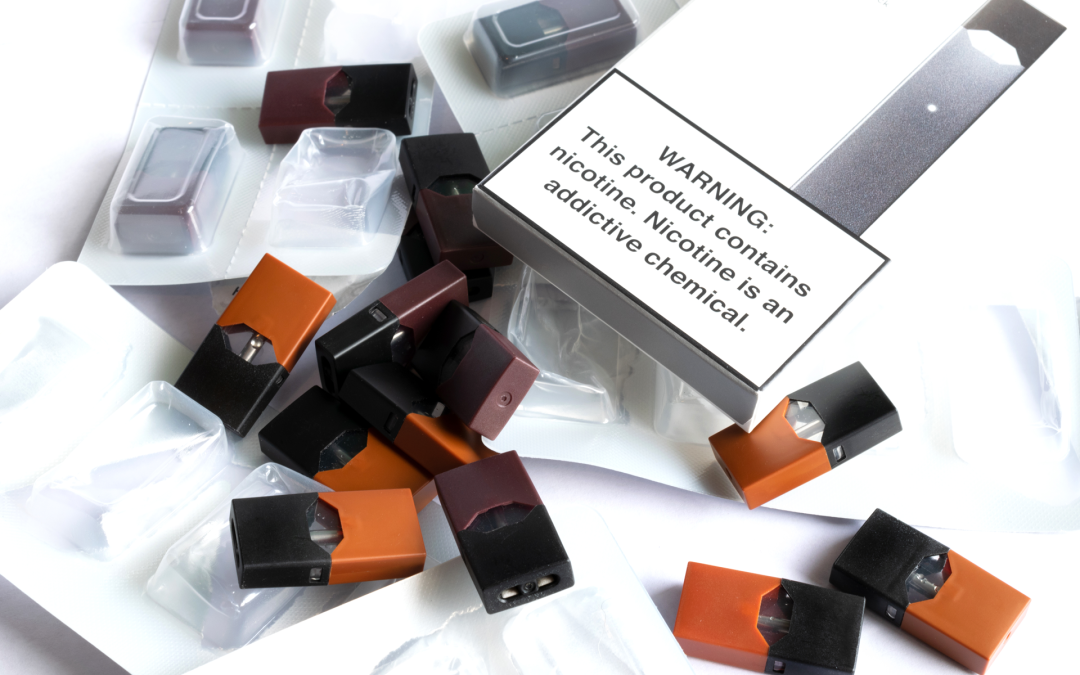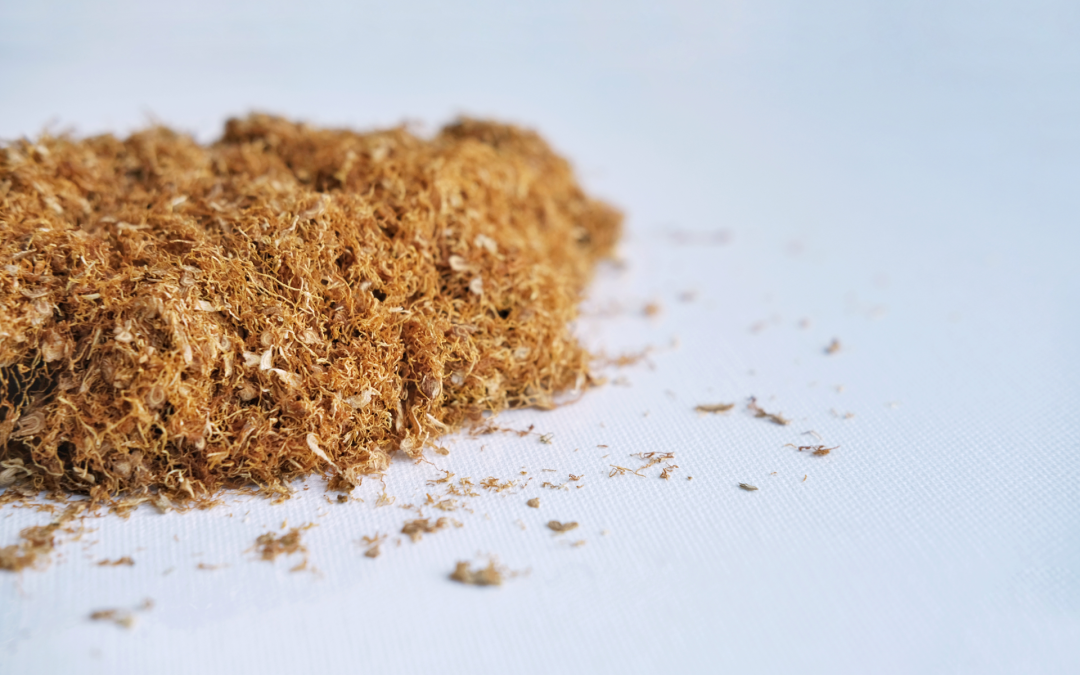Tips from Experts for Preparing a Successful U.S. FDA PMTA
A Premarket Tobacco Application (PMTA) is the most frequently used tool to obtain a Marketing Order for selling a new tobacco/nicotine product in the U.S. PMTAs provide FDA with study data and documented use of quality systems, similar to GMPs, that enable FDA to assess whether the tobacco/nicotine product and its components and parts are appropriate for the protection of public health.
Legal Compliance in the U.S. PMTA Framework
New tobacco products marketed without an FDA Marketing Order are in violation of U.S. Federal laws, and the penalties are severe. Obtaining a Tobacco Marketing Order is the only way to legally sell tobacco products in the U.S.
Preparing for the FDA PMTA Process
PMTA preparation, including the required Health Risk Investigation (HRI) data collection and analyses, is a resource-heavy process requiring years to design and complete. With so much at stake, understanding what it takes to file a successful PMTA submission is a must during the product development stage so that study designs, planning, and analyses can be part of that process.
Here are a few expert tips to help you prepare a successful U.S. FDA PMTA.
Tip #1: PMTAs are Data-Driven
FDA likes data. So, naturally, the Health Risk Investigations (HRI) section of a PMTA will undergo particular scrutiny as part of FDA’s review and assessment.
- FDA is looking to ensure that permitting the marketing of your new tobacco product would be appropriate for the protection of the public health, both the user and nonuser.
- The Agency is also looking at whether current tobacco users would be more or less likely to switch to this new product under review.
- FDA will also consider whether non-users would be more or less likely to begin using tobacco should this new product receive an FDA Marketing Order.
The safety data presented as part of a PMTA HRI is your only opportunity to provide information regarding the health risk of the tobacco/nicotine product and whether the product presents less risk than other tobacco products. If adequate investigation design and results are not conveyed and/or the results of those investigations not appropriately documented and analyzed, FDA may reject the application without review via a Refuse to Accept response.
- Safety testing as part of FDA PMTA studies should be performed on representative samples that reflect the planned final product, both in composition and design, including use of any component parts in the case of e-cigarettes.
- An appropriate sample size and number of replicates must be used in the studies.
- FDA expects to see a complete picture of investigative data, not a curated selection designed to show the product in a favorable light.
In Section 910 of the Food Drug & Cosmetic (FD&C) Act Application for Review of Certain Tobacco Products, FDA states that it expects “full reports of all information, published or known to, or which should reasonably be known to, the applicant.”
Knowing the types of data FDA requires as part of their PMTA review allows you to effectively plan your study design.

Tip #2: Quality Laboratories Return Quality Results
FDA only accepts clinical investigation data from laboratories qualified to run the required tests. This means you need a team of qualified experts with toxicology, microbiology, chemistry, and analytical training and experience that meet or exceed industry quality standards.
- When choosing a third-party laboratory to conduct your PMTA Health Risk Investigations, look for one with an extensive Quality Management System.
- Having ISO 17025 accreditation is a great demonstration of compliance with FDA’s Code of Federal Regulations 21 CFR Part 58, Good Laboratory Practices.
- Another is compliance with the Organisation for Economic Co-operation and Development (OECD) Good Laboratory Practices.
Your laboratory testing partner can work with you to choose and conduct tests that are germane to your specific product.
For instance, consider the Health Risk Investigation for a PMTA for an e-cigarette and its cartridge. Knowing that FDA is looking for complete toxicity data, and is particularly interested in Volatile Organic Compounds (VOCs), among other HPHCs, meaningful data may be better generated through an analysis of aerosol mass concentration and particle size characterization versus number of puffs. Knowing the type of tests needed to generate the data FDA requires is paramount to a successful PMTA process.
Tip #3: Your FDA PMTA Must Be Well Documented and Complete
Across FDA-regulated industries, FDA only reviews product submissions or applications that meet their clearly articulated guidelines.
For PMTA submissions, this means ensuring each of the required sections identified in 21 CFR 1114.7 are included in their entirety. Submission of a complete PMTA is your only opportunity to inform FDA of your product’s differentiation and allow FDA to assess the health risks.
Failing to include all the required PMTA sections, including laboratory and behavioral studies, is a sure way to have the submission rejected by FDA without further review. PMTA submissions are arduous enough. Don’t make a careless mistake by submitting an incomplete application.

Per section 21 CFR 1114.7, the following sections must be included in an FDA PMTA:
- General information
- Descriptive information
- Product samples
- Labeling and description of marketing plans
- Statement of compliance with the Environmental Impact Considerations found in 21 CFR part 25
- Summary
- Product formulation
- Manufacturing
- Health risk investigations
- Effect on the population as a whole
- Certification statement
A PMTA must also include a comprehensive index (i.e., a listing of files and data associated with those files), and a table of contents. FDA only accepts electronically submitted applications in a format that FDA can read, process, review, and archive.
Additionally, the application must comply with PMTA formatting requirements [per 21 CFR 1114.7(b)], which includes submissions using the following:
- FDA 4057 – Premarket Tobacco Product Application (PMTA) Submission
- FDA 4057a – Premarket Tobacco Product Amendment and General Correspondence Submission
- FDA 4057b – Premarket Tobacco Product Application Product Grouping Spreadsheet
There is no question that developing a PMTA requires immense resources and that planning must begin long in advance of the actual application.
From product development, the development and execution of studies, and analyses of their results, partnering with the experts at Labstat can help you streamline the PMTA process. We’ll ensure the Health Risk Investigations designed for your product meet FDA expectations and that preparation of your application is accurate and complete. Coupled with our regulatory arm, EAS Consulting Group, you’ll experience the difference of working with Labstat.


